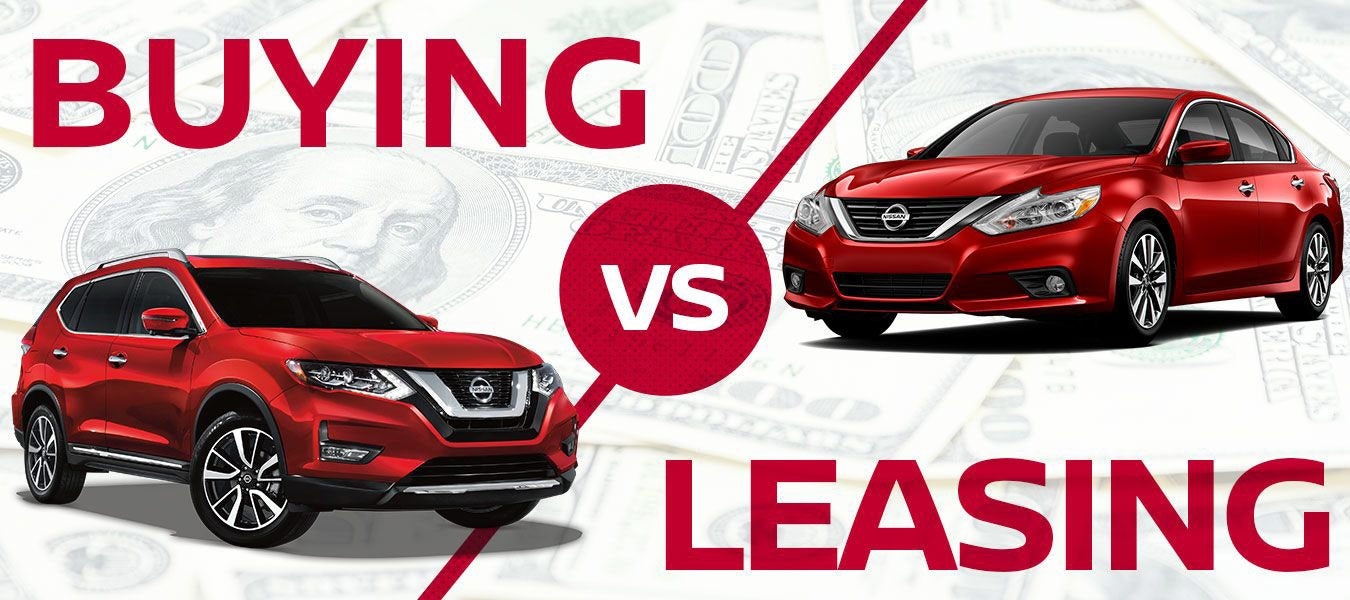BUYING VS LEASING

When you're shopping for your next car, you'll find that there are two major methods of financing that you could choose: buying and leasing. Neither option is necessarily better than the other, as both have their benefits and their drawbacks. Here's a breakdown of the two financing methods that will help you understand which is right for your needs.
BUYING
When you decide to buy a car, you will make monthly payments towards owning that car. A buyer will almost always need to take out a loan to buy a car, and will usually make a down payment as well. The monthly cost of a loan payment is often higher than that of a lease, but if you want to ultimately make the most of your payments and have something you can call your own, then buying is the way to go. Since the car is yours, you will have no restrictions on mileage or alterations, where you would with a lease.
LEASING
Leasing is essentially like long-term renting. It's often a more affordable option because the monthly payments on a lease are usually less than on a loan, and most lease agreements have very low down payments. Leasing a car also requires less hassle in maintenance because you lease a car for its first years, during which time it's still under a warranty. In addition to avoiding costly repairs, leasing also makes it easier to move onto your next car, since when the lease ends you simply trade it back into the dealership.

However, since leasing the car means it is never your own, there are several restrictions. For one thing, lease agreements have strict limitations on how many miles you can put on the car per year, and excess mileage is met with a steep fee. There are also sometimes ride sharing restrictions, and additional fees for excess wear and tear.
Overall, leasing can provide an affordable way to drive a new car, and is an especially attractive option if you don't plan to drive excessively or to customize your ride. And, if you lease a car at Nissan of Melbourne and ultimately fall in love with the car, you'll always have the option of buying it at the end of the term.
